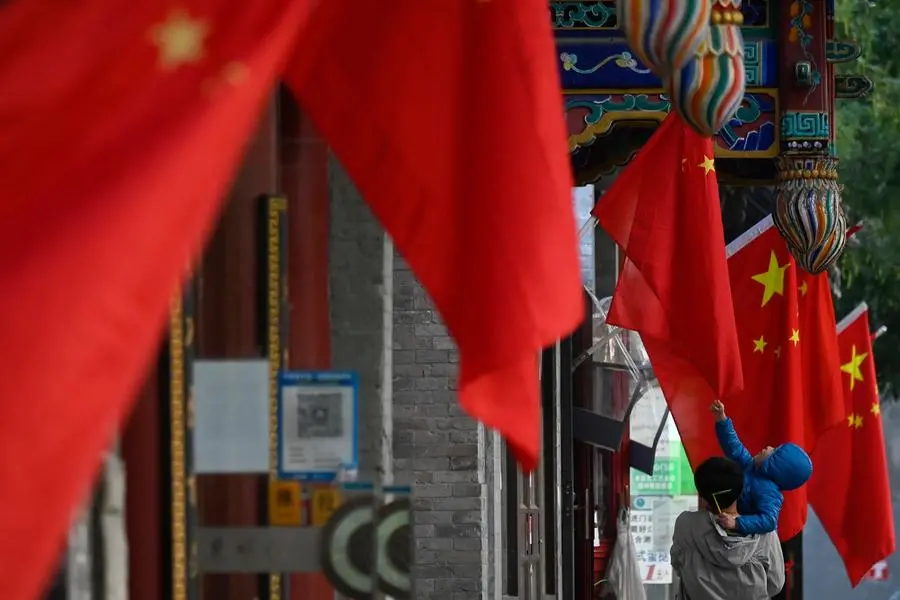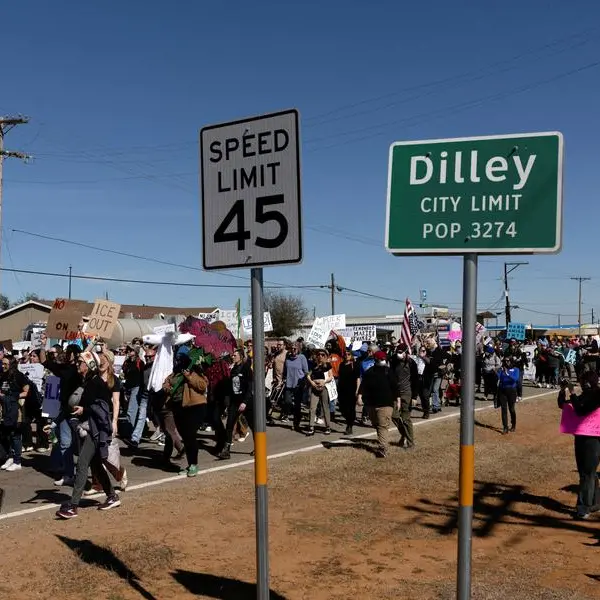PHOTO
A bipartisan US congressional committee accused Chinese authorities Tuesday of "directly" subsidizing the manufacture and export of ingredients used to make fentanyl, a synthetic painkiller behind a US overdose epidemic.
In a report, the House Select Committee on the Chinese Communist Party said such subsidies involving illicit fentanyl materials and other synthetic narcotics take place through tax rebates, adding that many of the substances manufactured are illegal in China.
The claims come months after US President Joe Biden and his Chinese counterpart Xi Jinping agreed to do more to cooperate on tackling companies that manufacture the precursor chemicals used to make fentanyl -- and on cutting financing for the trade.
The synthetic opioid has caused an addiction epidemic in the United States, and is responsible for tens of thousands of overdose deaths a year.
But the House committee alleged that China's subsidies have helped incentivize international synthetic drug sales from the country.
Among other issues raised in the report was that Chinese security services notified targets of US investigations when they received assistance requests, and that authorities left export-focused narcotics content uncensored, despite blocking content about domestic drug sales.
The report called for a joint task force to be set up to target the illicit fentanyl supply chain, as well as strengthened US sanctions authorities on the matter.
The United States has in recent months imposed sanctions on networks profiting from deadly fentanyl sales, and earlier this year resumed talks with China on curbing the production of ingredients to make the drug.
Washington's allegations that Beijing is complicit in the trade have long been yet another source of contention between the United States and China. Both countries have traded barbs over everything from human rights to export controls.
Beijing has previously denied complicity in the deadly trade, touting its "zero tolerance" domestic drug policies and insisting the roots of the addiction crisis lie in the United States.





















